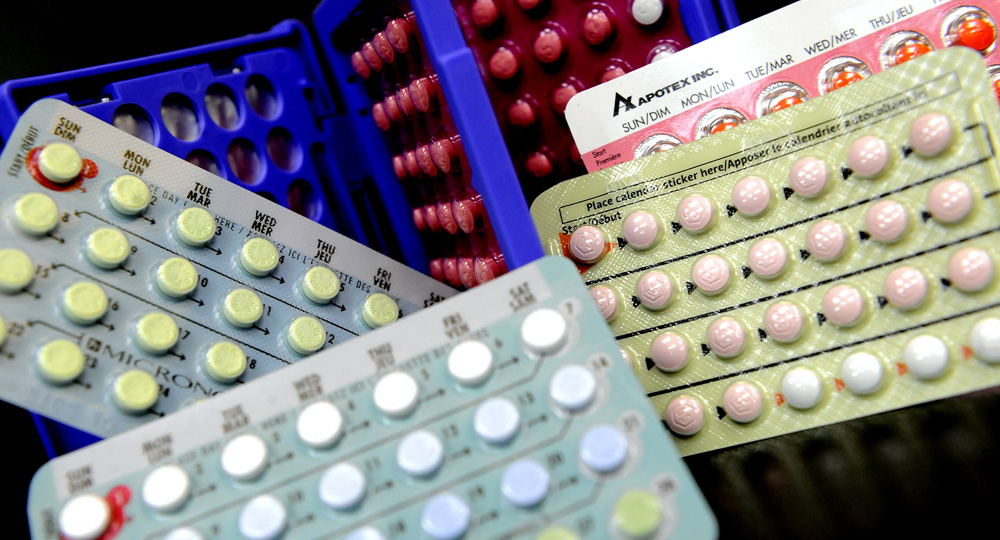
By Phyllis Mbanje
Youths have urged the government to ensure a policy shift that will enable young girls to access contraceptives because there is evidence that people are becoming sexually active at a younger age.
Speaking during an event organised by SAfAIDS in Harare on Friday, the youths said they were frustrated by the fact that they cannot discuss sexual reproductive health issues with their parents and guardians.
“We find it very difficult to discuss this issue with our parents, but the reality on the ground is that young people are indulging in sex and wouldn’t it be safe that they be protected than for them to get pregnant or infected with sexually transmitted diseases?” said 19-year-old Tariro Chikuni from Rushinga.
Chikuni said young people should be given choices to also make decisions which affect their sexual reproductive health.
SAfAIDS is implementing a one-year regional policy and advocacy project titled HER Choice, which seeks to influence policies governing the age for access to contraceptives by adolescent girls and young women by 2019.
Twelve girls and four boys from four countries were selected for policy reforms that will countries see improving access to contraceptives for young people.
In Zimbabwe the project is being implemented in Rushinga, Mberengwa and Hwange.
- Chamisa under fire over US$120K donation
- Mavhunga puts DeMbare into Chibuku quarterfinals
- Pension funds bet on Cabora Bassa oilfields
- Councils defy govt fire tender directive
Keep Reading
Chikuni, who is one of the 12 champions said there was need for policymakers to revisit policies, that make it impossible for young people to access contraceptives.
Marita Tavy, HER Choice champion from Mberengwa, said young people needed protection through friendly policies.
Runyararo Mzwaba (19) is part of the campaign to persuade young boys to participate in the programme. “In most cases it is the boy who has the decision power in terms of determining contraceptives and safe sex, so it is critical to involve young men in this,” he said.
SAfAIDS programmes officer Ashley Ngwenya said parents should discuss reproductive health issues with their children so that they do not succumb to peer pressure.
“Young people end up buying these contraceptives from unauthorised sources and some of the drugs would have expired,” she said.
Ngwenya also urged the media not to sensationalise debate around the age of consent and access to contraceptives, saying this discourageds development of progressive policies.










